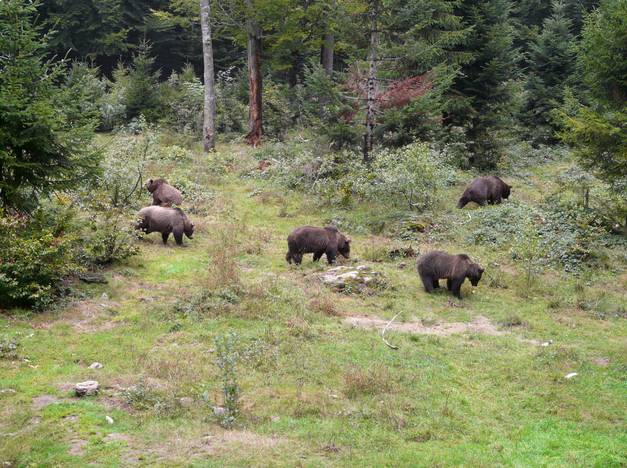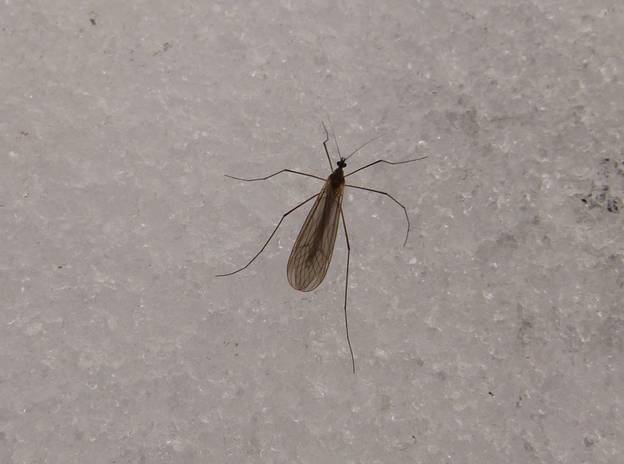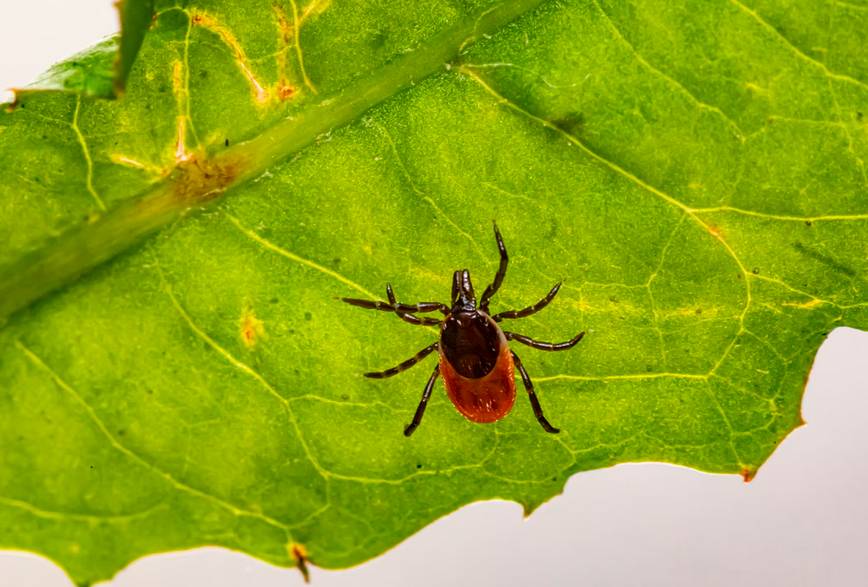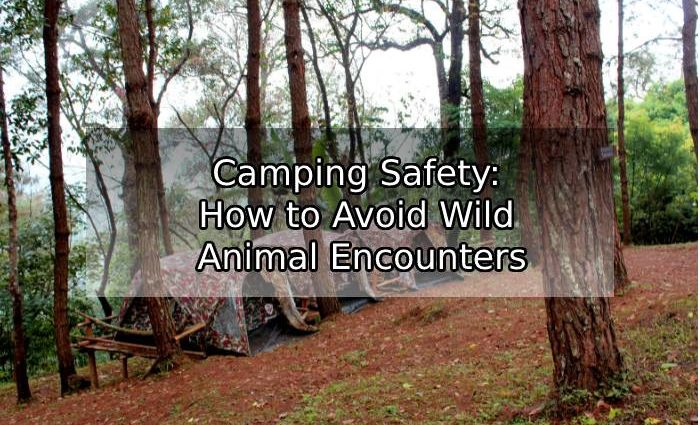One of the most thrilling aspects of camping is getting close to nature, but wild creatures may be unpredictable. Though harmful situations are unlikely, you should be ready to deal with them if they arise.
Table of Contents
Bears

While most bears are fearful of humans and avoid them, they may also be curious, fierce, and hungry. All food should be packed in airtight containers to prevent odors, and food should be suspended from a tree away from your campsite overnight.
If a bear is surprised, it is more likely to attack. Never get between a mother bear and her cubs or approach a bear’s recent kill. Stay on established human pathways and make noise to alert bears that you’re approaching. For example, talk or sing as you hike. Bears may not hear you if you’re trekking near rushing water or in a high wind.
If you come across a bear, don’t run or make sudden movements; instead, extend your arms wide and back off slowly. When furious, bears “woof” and clack their teeth. If this happens, get as high as you can in a tree, at least 15 feet up. Don’t pretend to be dead. Use pepper spray if you have it.
Snakes

Even though there are only four venomous snake species in the United States—the copperhead, cottonmouth, rattlesnake, and coral snake—you should still take precautions. Because snakes tend to strike at the ankles, wear high-cut boots, thick socks, and pants rather than shorts. Be cautious where you place your hands when rock climbing or bouldering, especially in the Southwest.
Snakes are nocturnal, so if you’re hiking in snake country, don’t go after dark. If you come across a snake, never try to catch it or taunt it. Always sleep in a tent rather than under the stars. If you’ve been bitten by a snake, you should:
- Move the part of the body that has been bitten as little as possible.
- After cleaning the bite with soap and water, bandage it and hang the limb down.
- If you know or believe the bite was inflicted by a poisonous snake, get medical assistance right once because these bites are life-threatening.
Mosquitoes

Mosquitoes are more common around marshes, lakes, and other bodies of water, particularly in the early spring, when mosquitoes are just hatching. Mosquitoes are drawn to dark hues, particularly navy blue, so dress in light colors. Mosquitoes will be kept at bay by lighting a fire. To treat mosquito bites:
- Apply a hot-water compress to the bitten region after heating water on the stove.
- Make a baking soda and water salve if you have the ingredients on hand. Alternatively, apply an over-the-counter medication containing aloe, which relieves irritation, reduces swelling, and keeps skin hydrated.
Ticks

Ticks are not only annoying, but they can also be dangerous to your health since many of them carry the bacteria that causes Lyme disease. Ticks are particularly common in grassy woodlands in the East. Wear long slacks and thick socks, and check your legs every several hours. Check your body’s creases every evening: behind the knees, under the armpits, and in the groin. If you’ve been bitten by a tick, follow these steps:
- Grasp the tick with tweezers as close to your skin’s surface as possible. Pull the tick out firmly but gently, without twisting it, making sure the head comes out with the remainder of the tick and doesn’t become stuck in your skin.
- Do not crush the tick with your bare fingers; instead, dispose of it in rubbing alcohol or a fire.
- Apply rubbing alcohol after washing the area with soap and water.
- Consult a doctor if you get flu-like symptoms, joint aches, or a bull’s-eye–shaped rash near the bite.



Comments are closed, but trackbacks and pingbacks are open.